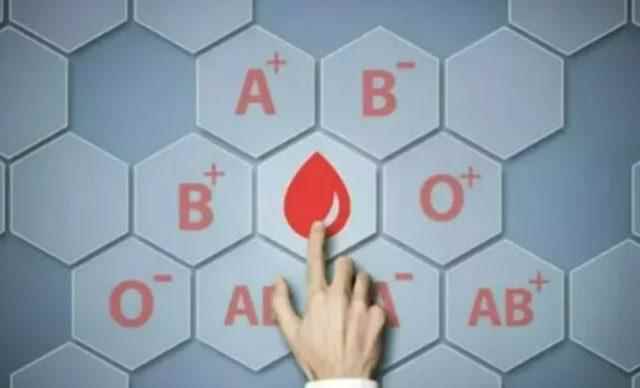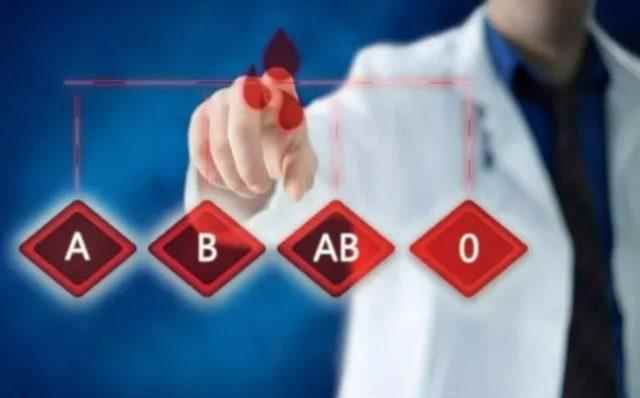Various studies on blood groups have found that our blood type is effective on our character and poses a higher risk for some diseases. An analysis of 7,000 stroke patients and nearly 600,000 healthy people in studies conducted in the United States found a strong link between blood type and the risk of early stroke.
BLOOD GROUP WITH THE HIGHEST RISK
Researchers in the US found that people with blood type A were 16 percent more likely to have a stroke before age 60. Neurologist Steven Kittner said: “We still don’t know why blood type A is at higher risk. “But it may have something to do with blood clotting factors such as platelets and cells that line blood vessels, as well as other circulating proteins involved in the development of blood clots.”
Previous research has suggested that those with blood type A have a slightly higher risk of developing a blood clot in the legs, known as deep vein thrombosis.
NO EFFECT ON GROUPS B AND AB

Research also showed that blood types B and AB had little or no effect on stroke risk. Teens with blood type O are 12 percent less likely to have a stroke. Another study found that those with AB blood were more likely to contract the coronavirus and die from it.
WHAT ARE THE SYMPTOMS OF PALACE?

Facial drooping: If one side of a person’s face is falling or numb
Arm weakness: If one arm is weak or numb, you should ask the person to raise both arms. If an arm slides down, you may need help
Speech difficulty: If a person mumbles while speaking, it may be a sign of paralysis.
Other symptoms include:
- sudden weakness or numbness on one side of the body
- Difficulty finding words
- Sudden blurred vision or loss of vision
- Sudden confusion, dizziness, or unsteadiness
- a sudden and severe headache
- Difficulty understanding what others are saying
- difficulty swallowing
If any of these symptoms occur for less than a few hours, you may be having a transient ischemic attack (TIA). Sometimes known as a “mini-stroke,” this attack indicates a problem with blood flow to your brain.
